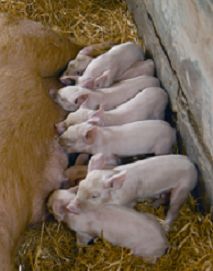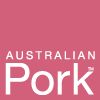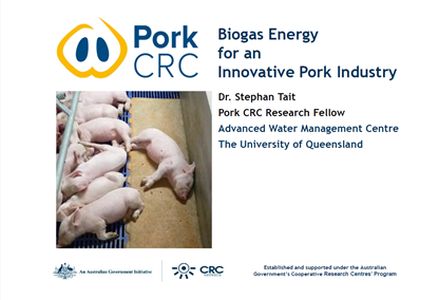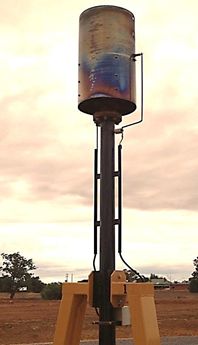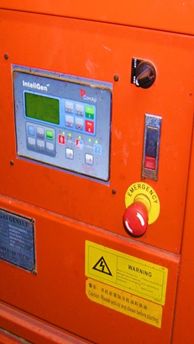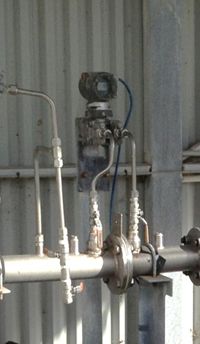Biogas lights the way despite head winds
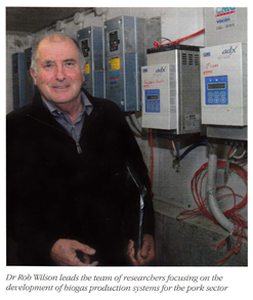 On-farm biogas production systems in the nation’s pig farming industry will remain financially viable despite the proposed abolition by the new Federal Coalition Government of the recently introduced Carbon Tax Legislation. According to Dr Rob Wilson, leader of the Carbon conscious nutrient inputs and outputs program with the Collaborative Research Centre for High Integrity Pork (Pork CRC), profitability calculations have been based on cost savings and income generation through the sale of electricity produced by biogas systems to the grid. Read More
On-farm biogas production systems in the nation’s pig farming industry will remain financially viable despite the proposed abolition by the new Federal Coalition Government of the recently introduced Carbon Tax Legislation. According to Dr Rob Wilson, leader of the Carbon conscious nutrient inputs and outputs program with the Collaborative Research Centre for High Integrity Pork (Pork CRC), profitability calculations have been based on cost savings and income generation through the sale of electricity produced by biogas systems to the grid. Read More
Piggeries set to become energy producers
The West Australian pork industry is helping farmers reduce their carbon footprint by embracing the benefits of on-farm biogas energy.
Piggeries can reduce energy costs and support the environment by recycling manure using anaerobic digestion to produce renewable energy.
The organic waste from the piggeries is collected in covered ponds, which trap the natural gases that are created. The most popular biogas system uses unheated conventionally covered lagoons because they are cost effective and low maintenance.
Leader of CRC for High Integrity Australian Pork, Rob Wilson says anaerobic digestion technology enables microorganisms to decay the organic waste material in the absence of oxygen to create biogas.
Read More – http://www.sciencewa.net.au/topics/agriculture/item/2416-piggeries-set-to-become-energy-producers.html
Piggeries often need to heat the floors for their piglets and the biogas allows the farmers to do this while still looking after the environment
Biogas Code of Practice
Background
APL has developed a risk based Code of Practice for On-farm Biogas Production and Use (Piggeries) in response to growing interest in Biogas technology from Australian pig producers. APL, through a previous project identified that there was a lot of confusing information in regards to biogas regulations across different States, with many states defaulting to natural gas safety supply regulations which was seen to be not commensurate with the risks associated with smaller piggery operations. This code was developed to assist producers and regulators in taking a risk based approach to biogas plants on piggeries in Australia.
Scope
The Code focuses primarily on covered anaerobic digestion as this is seen as the most popular system being considered by piggery operators at this particular time. It aims to align as close as possible with existing regulations whilst taking a risk based approach to the operational and safety aspects of a biogas system.
Methodology
The draft was developed by Prime consulting in association with NIWA biogas experts and a Biogas advisory group made up of engineers and those with experience in agricultural biogas plants. As there is no existing biogas guidelines in Australia, this Code incorporates international best practice (Germany, Canada, US, New Zealand), and Australian regulations and standards relevant to on-farm biogas and Australian climatic conditions.
Consultation
APL encourages anyone with an interest in biogas use and regulations to attend a consultation workshop with the first to be held in Perth in October, followed by Adelaide, Melbourne, Sydney and Brisbane, with dates and venues still to be confirmed.
To register your interest in attending a workshop please contact Janine Price, Manager Environment on Janine.price@australianpork.com.au or on 02 6270 8827. If you are unable to attend a workshop, please feel free to email your comments to the above address.
Bio Energy Australia – June 27, 2013 meeting – University of Queensland




